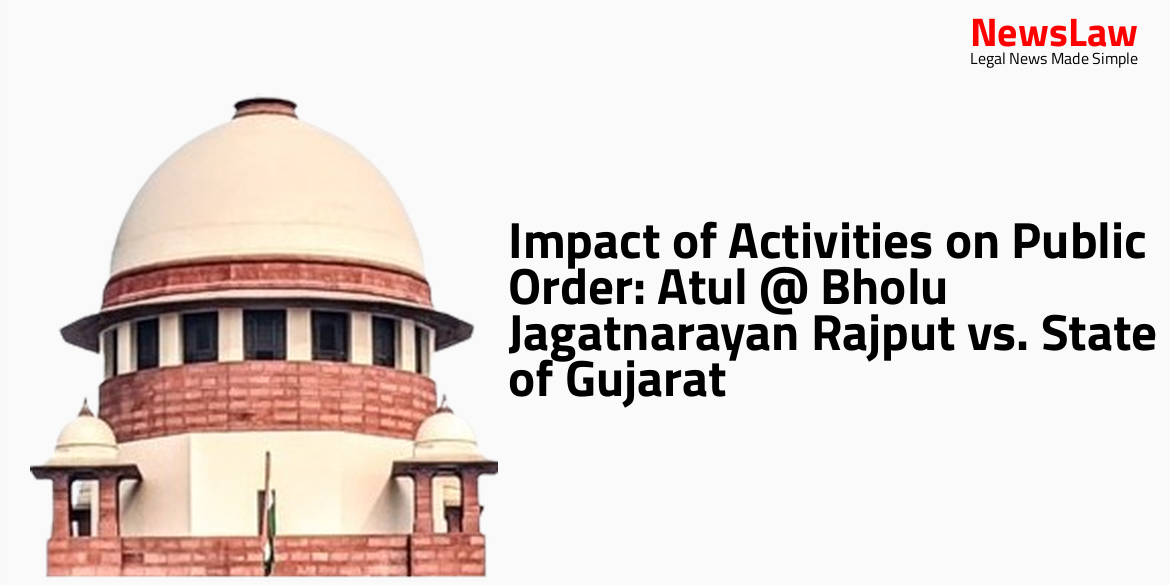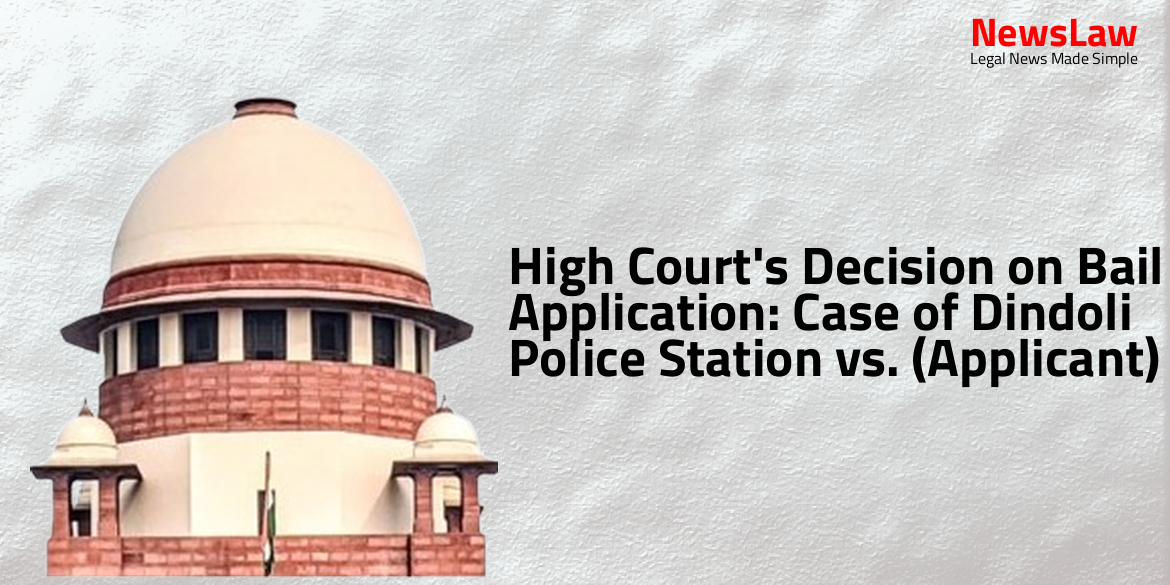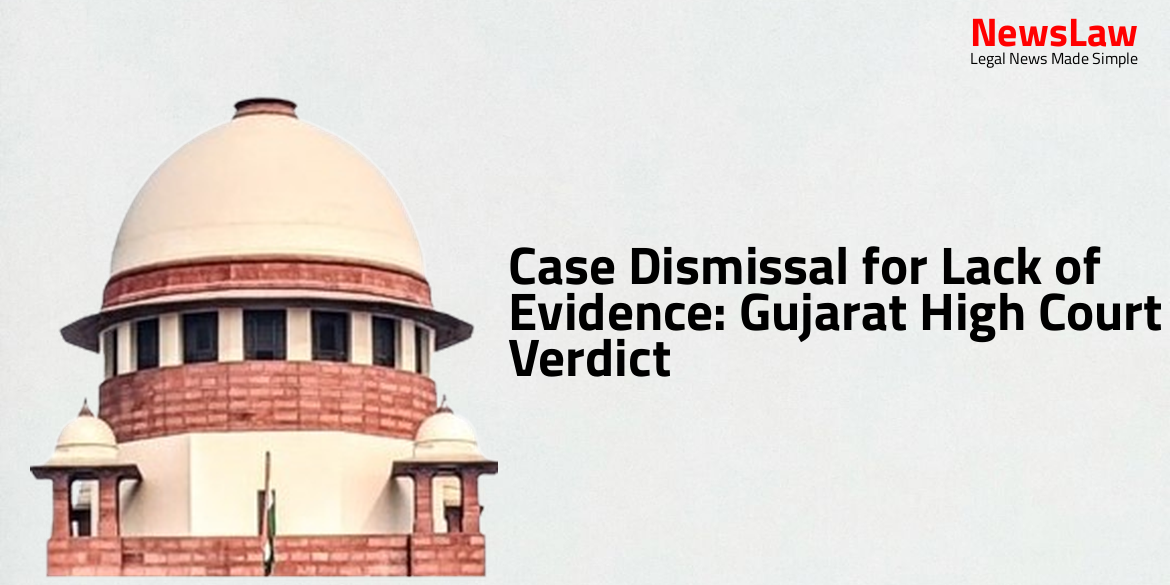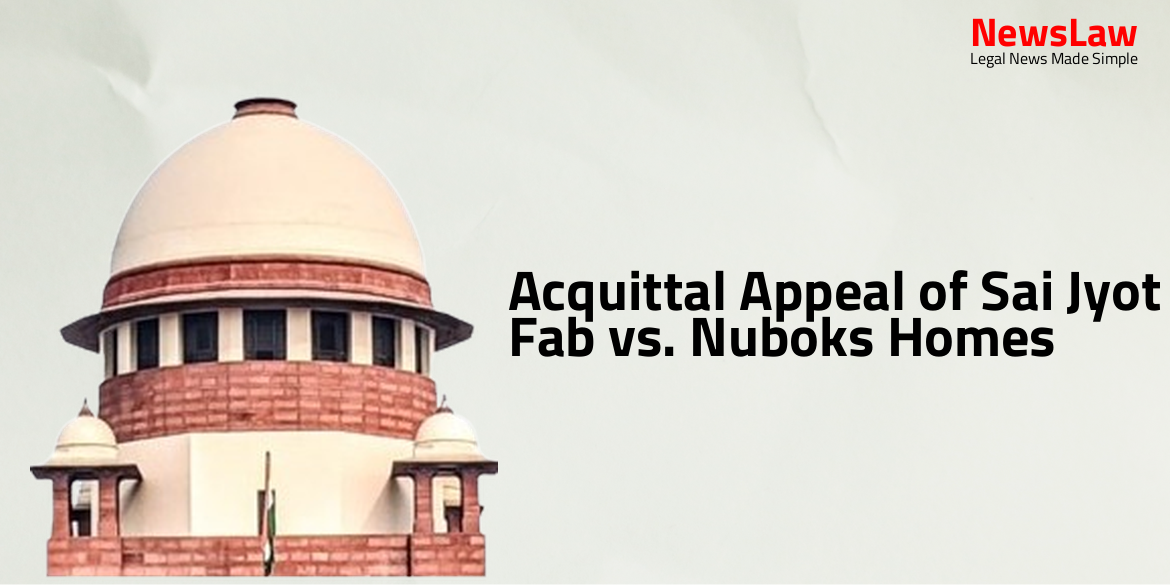Delve into the legal case of Atul @ Bholu Jagatnarayan Rajput vs. State of Gujarat where the Gujarat High Court examines the impact of activities on public order. The petitioner challenges the detention order under the Prevention of Anti-social Activities Act, 1985, contending that the alleged offenses do not pose a threat to public order. The court’s ruling sheds light on the nexus between activities and public disorder, setting a precedent for preventive detention cases in Gujarat. #LegalCase #GujaratHighCourt
Facts
- The petitioner Atul @ Bholu Jagatnarayan Rajput was preventively detained under the Gujarat Prevention of Anti-social Activities Act, 1985.
- The detention order was passed by the Police Commissioner, Ahmedabad, on 04.01.2024.
- The petitioner challenged the legality and validity of the detention order in this petition.
Arguments
- Advocate for the detenue argues that the grounds of detention lack nexus to ‘public order’ but pertain solely to ‘law and order’.
- The registration of the offence is not deemed to have adversely affected or to likely affect public order.
- The alleged offences do not impact the maintenance of public order as per the Act of 1985.
- The detenue’s activities are said to be prejudicial only to law and order, not to public order.
- The Detaining Authority passed the impugned order based on the antecedents and past activities of the detenue to prevent him from acting prejudicial to public order in Ahmedabad.
- The issue at hand is whether the detention order under the Act of 1985 is legally sustainable.
- State Counsel argues that the detenue is a habitual offender whose activities have had a negative impact on society, leading to the execution of the impugned order.
- The detenue is currently in jail as per the information provided.
Analysis
- The detaining authority failed to prove that the petitioner’s alleged anti-social activities had a negative impact on public order.
- Despite incidents of assault mentioned by witnesses, they do not demonstrate a threat to public order.
- Four criminal cases were cited in the grounds of detention, but they do not directly impact public order.
- Merely being a bootlegger does not justify preventive detention unless activities adversely affect public order.
- Granting bail in all offenses indicates lack of serious impact on public order.
- While the petitioner may be punished for offenses, they did not disrupt the community’s normal course of life.
- Every act of assault or injury to specific persons does not lead to public disorder
- Contravention of any law affects order but does not necessarily lead to public order
- Distinction between ‘law and order’ and ‘public order’ has been clearly laid down in the case of Pushkar Mukherjee v. State of West Bengal
- Mere disturbance of law and order leading to disorder is not sufficient for action under Preventive Detention Act
- A disturbance that affects public order comes within the scope of the Preventive Detention Act
- Offences alleged against the petitioner and the allegations made by witnesses did not create panic or insecurity among the public.
- The alleged activities of the detenue did not adversely affect or pose a likely threat to public order.
- The subjective satisfaction of the detaining authority was deemed illegal and invalid as the material on record was insufficient.
Decision
- Rule made absolute
- Order dated 04.01.2024 quashed
- Direct service permitted
- Detenue to be set at liberty if not required in any other case
- Petition allowed
Case Title: ATUL @ BHOLU JAGATNARAYAN RAJPUT Vs. STATE OF GUJARAT
Case Number: R/SCA/1625/2024



